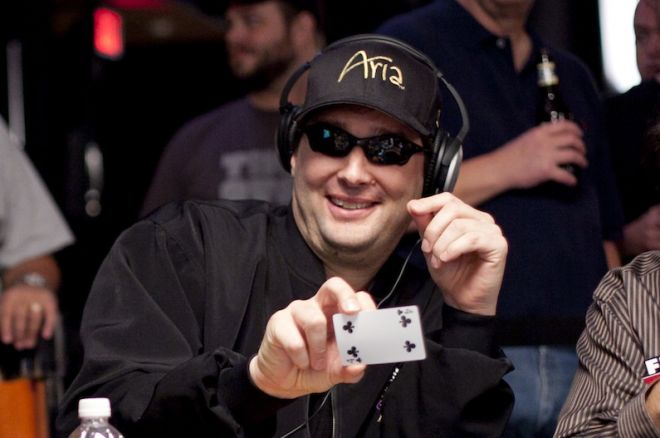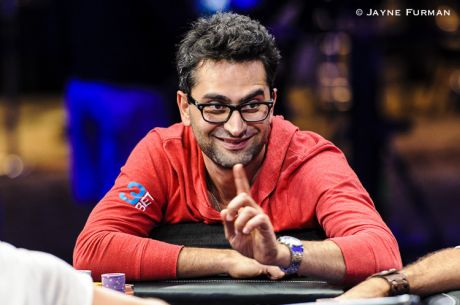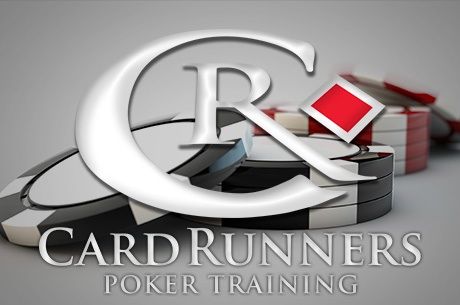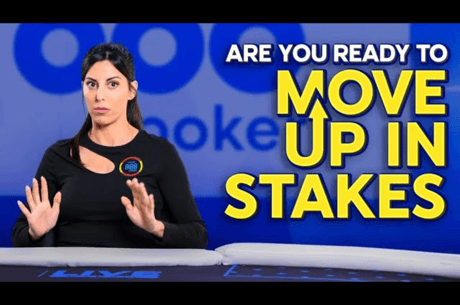One Good Reason to Show a Losing Hand, and One Bad One

Last week I discussed the decision whether or not to show your cards voluntarily after winning a hand when others fold and you aren��t required to show. The opinions of experts like Antonio Esfandiari, Mike Caro, and newly-inducted Poker Hall of Famer Daniel Negreanu helped demonstrate how sometimes there can be legitimate strategic reasons for doing so.
Meanwhile, there��s the similar situation in which you��re faced with the decision of whether to show your hole cards after your opponent has shown first and you see that your hand is a loser. What about then? Are there ever instances when you should show a losing hand when you aren��t required to?
There is only one legitimate reason to show a hand that is a loser, and that is to guard against the possibility that you have misread your hand, your opponent��s hand, or the board. Maybe you backed into a flush or straight that you weren��t looking for and therefore didn��t notice. Maybe the river paired the board, and counterfeited what had been your opponent��s better two-pair hand. If you show, you��ll guard against not having recognized you actually hold the best hand.
All experienced players have occasionally folded a winning hand, realizing it only after their cards were irretrievably in the muck. You can prevent this from happening by always showing.
The price you pay for this precaution, however, is steep. It is the price of giving up information to every opponent. Whoever is paying attention will now be able to replay the hand mentally and deduce how you made each decision along the way.
For skilled players, information like that is money in the bank. The more of your hands they can analyze, the more skillfully they can dissect your entire decision-making process. And once they have done that, they can and will use it against you.
It is probably best for relatively inexperienced players to err on the side of showing, because they are more prone to misreading hands and thus overlooking a winner. But for more experienced players who are less prone to such errors, the cost of a rare lost pot from a misread hand is probably less than the cost of repeatedly giving up precious information about how you play.
Let��s be honest here, though �� avoiding hand-reading errors is rarely the real reason that players show a losing hand. The far more common motivation is to show everyone that they took a bad beat, or to prove that they had good reason to make that final call. That is, their purpose is to elicit sympathy or respect.
The core problem with this motivation is that it is emotional in nature, rather than strategic. Satisfying an emotional yearning is never a legitimate reason for making what should be a strategic decision.
Furthermore, it is a fundamentally misguided goal. You cannot generate genuine sympathy for your misfortune. Remember, those other players are there hoping to take your money. They want you to lose! Whether openly or covertly, they rejoice at your bad luck, and hope that it will snowball into monkey tilt, bad play, and more losses. If you get sympathetic words and gestures when you show how unlucky you were, they are merely covers for well-concealed glee. Inwardly, the reaction is like that of a pride of lions spotting a wounded gazelle.
It is impossible for me �� or anyone, probably �� to explain this whole concept better than Tommy Angelo did in his book Elements of Poker:
When you fold face up, the message that is sent to the table, whether you intend it or not, and whether you realize it or not, is this: ��Dear table full of people. It is very important to me what you think of me. It is so important that I am willing to give you the most generous gift of information I can �� I will show you my cards �� just so you know that 1) my decisions were justified, and also that 2) I am unlucky. I know it will cost me money to reveal my cards and feelings to you. But that��s okay. That��s how much I value your opinion of me.��
If you always fold face down without ever showing even one card to anyone, the message that is sent, and received, whether you intend it or not, and whether you realize it or not, is this: ��I don't care what you think about how I play. I don't even care what I think about how I play. Oh, and by the way, I am impervious to everything.�� Fussless folding fortifies.
Or, to put it more concisely, never let ��em see you sweat.
Robert Woolley lives in Asheville, NC. He spent several years in Las Vegas and chronicled his life in poker on the ��Poker Grump�� blog.
Get all the latest PokerNews updates on your social media outlets. Follow us on Twitter and find us on both Facebook and Google+!








